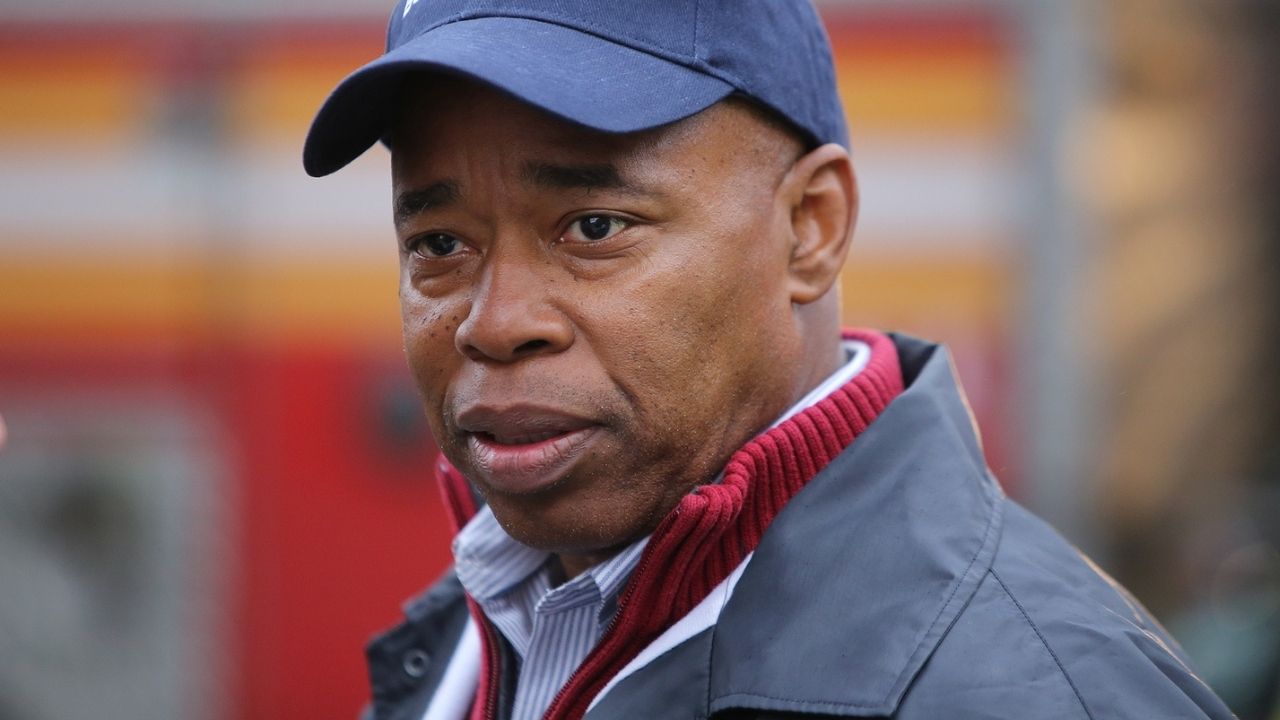New York City Mayor Eric Adams is continuing his plea for residents to come back into the office.
“In order for our economic — financial ecosystem, I should say — to function, we have to have human interaction,” said Mayor Adams at an economic development event at the Brooklyn Navy Yard. “It can’t be done from home. And if we do that, then we’re going to greatly impact low wage workers.”
Earlier this year, Mayor Adams stated that “low-skilled workers, my cooks, my dishwashers… my shoe-shine people… they don’t have the academic skills to sit in the corner office,” which came under great scrutiny from the public and New York State Representative Alexandria Ocasio-Cortez.
Mayor Adams claimed that Covid-related restrictions are hindering low-wage workers and that permanent remote work among white collars employees should not be normalized.
In an effort to dissuade this movement from becoming reality, Mayor Adams even suggested that there could be zoning changes that would see large office spaces be converted into apartments.
While the mayor seemingly accepts that “there’s new ways people are doing business,” his message remains clear: remote work is hurting the city.
Mayor Adams isn’t the only one that shares this sentiment either. Organizations and politicians alike are beginning to walk back on Covid-related restrictions in an effort to revitalize local economies and usher society back into a somewhat pre-pandemic world.
However, employees have taken power back in recent years and will require much more from their employers in order to stay at these jobs. In addition to remote and flexible working, these demands include better pay, wellness-related amenities, increased paid time off, and more.



 Dr. Gleb Tsipursky – The Office Whisperer
Dr. Gleb Tsipursky – The Office Whisperer Nirit Cohen – WorkFutures
Nirit Cohen – WorkFutures Angela Howard – Culture Expert
Angela Howard – Culture Expert Drew Jones – Design & Innovation
Drew Jones – Design & Innovation Jonathan Price – CRE & Flex Expert
Jonathan Price – CRE & Flex Expert











